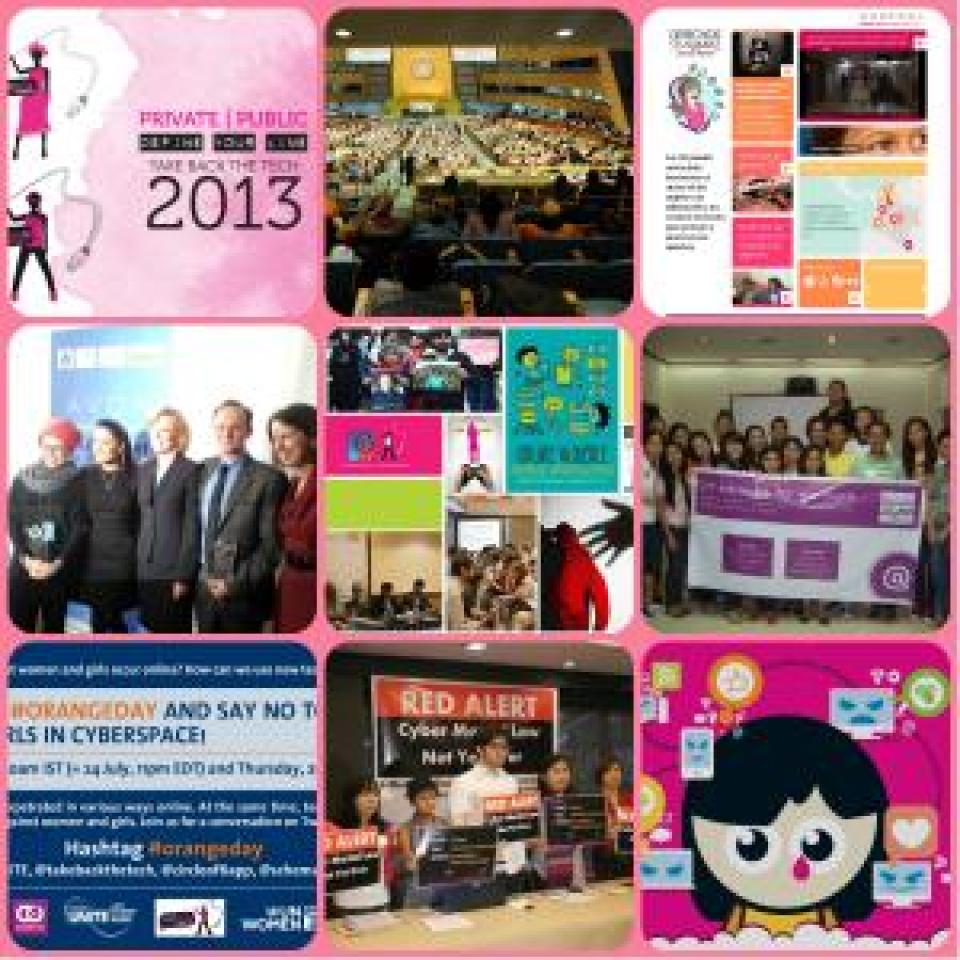
APC's "End violence: Women's rights and safety online" project has achieved several milestones in the last few years, through the engagement of seven country partners who have explored the dynamics of tech-related violence against women (VAW) in their local contexts, and worked with different stakeholders in the process. 2014 opened up new possibilities and challenges for partners, and APCNews interviewed Valentina Pellizzer from OneWorldSee in Bosnia and Herzegovina, Erika Smith from Mexico, and Lisa García from the Foundation for Media Alternatives in the Philippines, to get a sense of where they are at in their work against tech-related VAW.
Bosnia and Herzegovina: "Virtual is real," says Valentina Pellizzer
The work developed in Bosnia and Herzegovina by OneWorldSee in the last few years as part of the "End violence: Women's rights and safety online" project has faced many challenges and enabled significant discoveries. In 2014 they focused their efforts on campaigning around the concept "virtual is real", showcasing the real damaging effects that online violence has on women's lives and the exercise of their rights, and the continuum of offline and online violence that is oftenly overlooked or disregarded.
Mexico: "Again and again we came up with the lack of access to justice for women," says Erika Smith
The work developed in Mexico by project partners in the last few years as part of the "End violence: Women's rights and safety online" project has faced many challenges and enabled significant discoveries. In 2014 the work took a turn from focusing on training and awareness raising on tech-related VAW targeting women human rights defenders and women journalists, to focusing on research and collecting cases from Mexico. "We really wanted to get women's voices about how they are experiencing online violence," explains Erika Smith.
Philippines: "Youth need to be aware of the risks when they use social media," says Lisa Garcia
The work developed in the Philippines by Foundation for Media Alternatives in the last few years as part of the "End violence: Women's rights and safety online" project has faced many challenges and enabled significant discoveries. In 2014 they developed strategies to engage with youth as an active group of internet users, especially on social media. "We have already made some strides and we wish to continue that in the next few years to come," García said.
This material is part of the APC End violence: Women´s rights and safety online project funded by the Dutch Ministry of Foreign Affairs (DGIS) and is based on a strong alliance with partners in seven countries: Bosnia-Herzegovina, Colombia, Democratic Republic of Congo, Kenya, Mexico, Pakistan, and Philippines.
- 5561 views






Add new comment